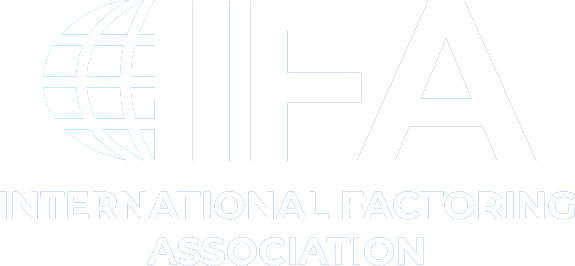Is your small business having cash flow issues or having trouble covering short-term expenses? Are you considering using invoice financing vs. factoring but don’t know the difference? Both types of financing allow you to use your unpaid invoices to access capital for your business. Although invoice financing and factoring are often confused for one another, the products differ in terms of structure and repayment process. Learn more about invoice financing vs. factoring in PLEX Capital’s guide:
What is Invoice Financing?
Invoice financing, also known as invoice discounting or accounts receivable financing, refers to borrowing money against your company’s outstanding invoices. A lender or discounting company, like PLEX Capital, will lend you a portion of your unpaid invoices, sometimes as much as 90%, in the form of a line of credit or a loan. Then, when the client finally pays the invoice, you’ll repay the lender for the amount loaned, plus fees and interest. With invoice financing, your company is responsible for collecting outstanding money owed by your clients.
What is Invoice Factoring?
With invoice factoring, also called accounts receivable factoring, you sell your outstanding invoices to a factoring company at a discount. The company will pay you a percentage of the invoice amount upfront and then is responsible for collecting the full amount. Once the company collects the full repayment from your customer, they’ll send you the difference minus the agreed-upon fees. Unlike invoice financing, invoice factoring places the responsibility of chasing up the outstanding invoices on the third-party financing company.
Invoice Financing Vs. Factoring: Which is Right for My Business?
Ultimately, your business’s best invoice finance solution comes down to your individual needs. Invoice factoring is often a better fit for businesses that don’t mind giving up control of their invoices and allowing the factoring company to collect payments from customers. It can be useful for smaller businesses that don’t have the resources to devote to following up on invoices.
If you’re creating a new business or have bad credit, factoring may be easier to qualify for as it relies more heavily on your customers’ credit profiles but may also have higher fees.
On the other hand, invoice financing vs. factoring is a better option for businesses that want to maintain control over their accounts receivable. Invoice discounting can be a fast and affordable financial solution if you have a strong relationship with your customers and can collect your outstanding invoices quickly.
Need payroll funding for your small business? PLEX Capital’s fast invoice factoring and financing services will give you the working capital you need right now. Contact us today!












